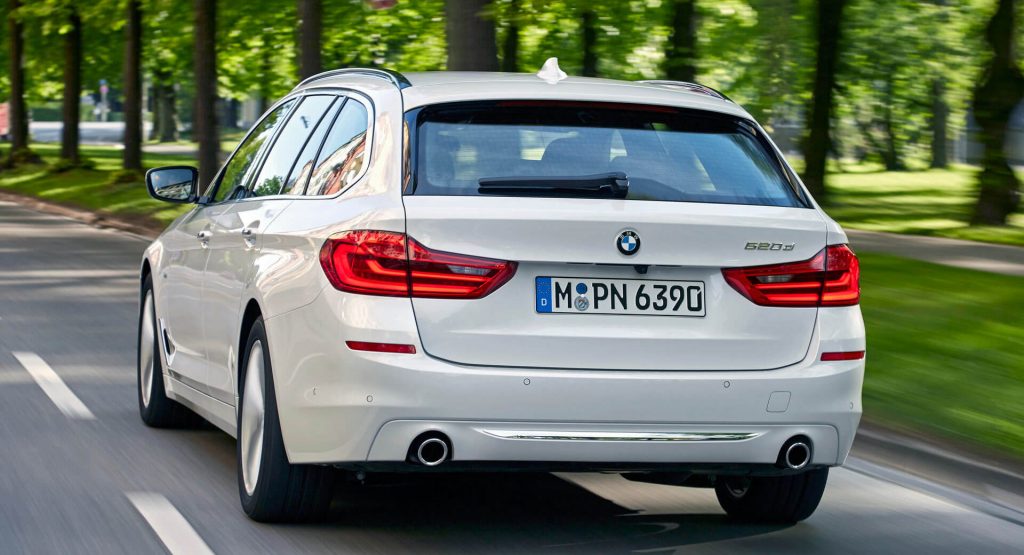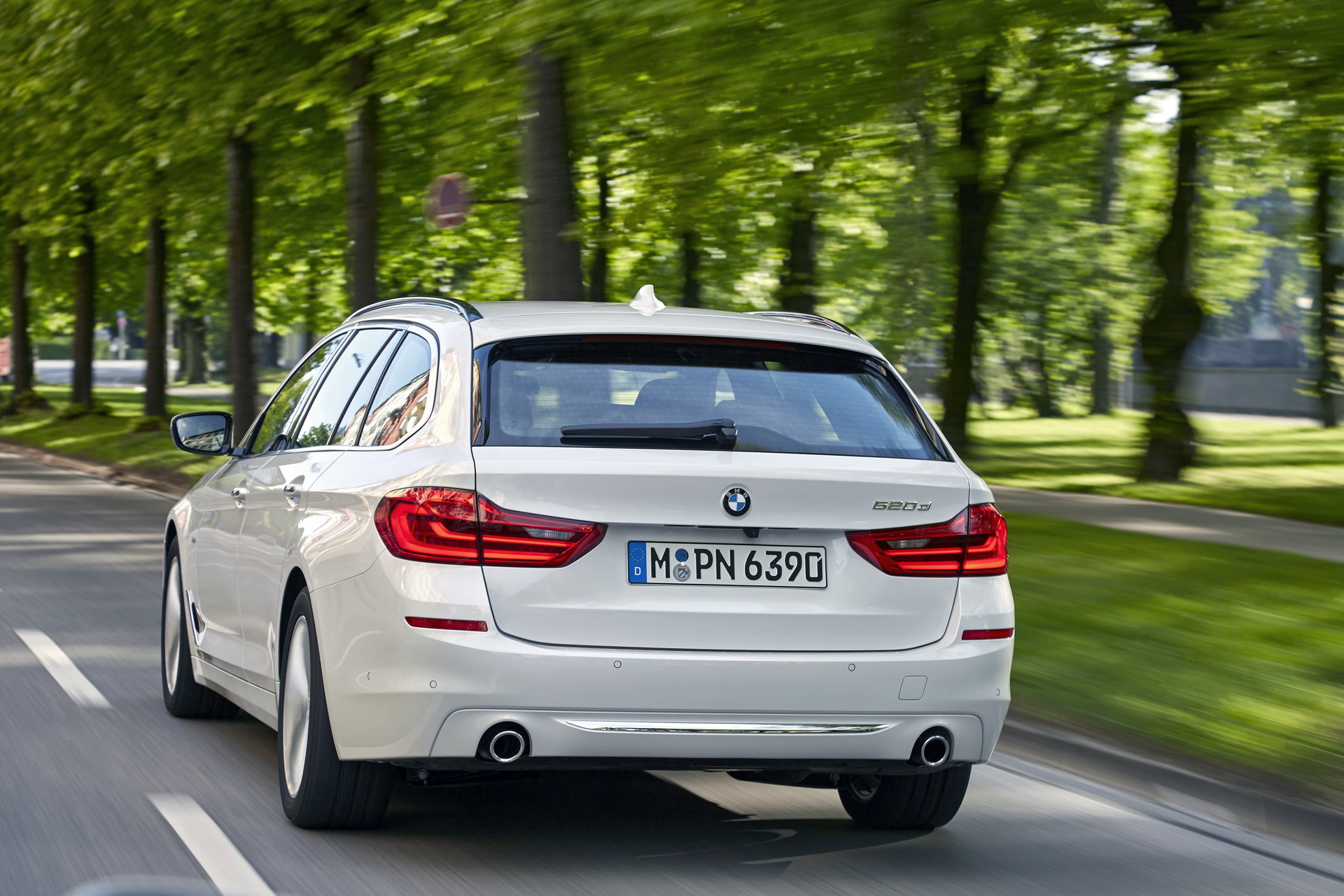While BMW is looking to be among the world leaders in electrification, the Bavarian brand will continue to invest heavily in internal combustion engines for many years to come.
In fact, the company’s Chief Technical Officer, Klaus Froelich, said that diesels will endure for at least 20 more years, while gasoline engines for at least another 30 years. If true, people can probably stop freaking out about diesel resale value, or ICE resale value in general.
“A best assumption of 30 percent of electrified sales by 2025 means that at least 80% of our vehicles will have an internal combustion engine,” he said during this week’s NextGen event in Munich. “We see areas without a recharging infrastructure such as Russia, the Middle East and the western, internal part of China so they will rely on gasoline engines for another 10 to 15 years.”
He went on to say that the coastal part of China and big cities such as Beijing and Shanghai will be battery-electric only in roughly 10 years, whereas Europe should prove more receptive to plug-in hybrid models. Meanwhile, in the U.S., battery-electric vehicles will sell mostly on the West Coast and in certain areas out East, but they will not become mainstream.
“The shift to electrification is over-hyped. Battery-electric vehicles cost more in terms of raw materials for batteries. This will continue and could eventually worsen as demand for these raw materials increases.”
Also read: Hate Diesels? Going All-Out In The BMW 840d Might Change Your Mind
Still, even if internal combustion engines won’t go extinct any time soon, their “portfolio” will shrink drastically.
In terms of diesels, BMW will ditch the 1.5-liter three-cylinder unit because it is too expensive to get it to comply with Europe’s tough emissions standards, reports Autonews Europe. Also, the potent six-cylinder diesel (the one with four turbochargers) offered in the 750d luxury sedan won’t get a replacement either because it’s too expensive and too complicated to build, said Froelich.
The units that will endure will be four and six-cylinder diesels, but they will have three turbos at most.
As for gasoline engines, it would appear that the V12 will go the way of the dinosaurs.
“Each year, we have to invest to update the V12 to new emissions regulations, particularly in China. And when the V12 accounts for about 5,000 sales a year globally, this includes Rolls-Royce, the cost of these updates is several thousand euros per unit.”
Instead, BMW is currently trying to figure out how to keep building its V8 gasoline engine, if only to use it as part of a hybrid system moving forward.






